
Digital technologies and authenticity: the status of the photographic image in contemporary visual language
The research is aimed at surveying and documenting: a) the state of the art of image processing techniques, fostered by scientific research aimed at developing specific algorithms that operate on digital or digitised photographs; b) the historical roots of the radical reformulation of contemporary visual language that these techniques imply. Both approaches will be guided by the question of the status of photography as evidence.
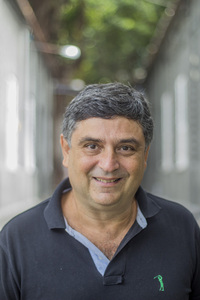

Design and Anthropology: possible connections
To investigate the possibilities of combining modes of knowledge production in design and anthropology, contributing to a critical reflection on transdisciplinarity and its implications for the consolidation of design as a field of research. To contribute to the establishment of research practices in design, here taken as an applied social science, which allow us to point to other ways of tackling the challenges facing this professional area in the midst of the complexity of the contemporary world.
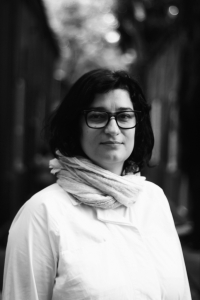

Design in motion
It aims to set the field of design in motion, with its theories and practices, through an articulation between different fields of knowledge: design, anthropology, social sciences and politics. This first movement, which is essentially theoretical, unfolds in a multiplicity of practices that involve different actors/agents, institutional and non-institutionalised spaces, as well as a series of methodologies and tools to be tested in experiments.

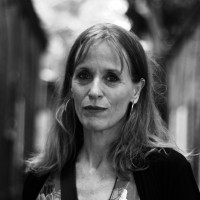

Information Visualisation, Usability and its Applications
This line of research aims to address methods and techniques inspired by the visualisation of information that effectively contribute to the user experience of the consumer of such information. One of the critical applications that deserves to be highlighted is the visualisation of information in electronic contracts. As a result of the technological revolution and the rise of the network society, the number of transactions carried out electronically has increased, especially given the need for speed in transactions on a global scale. However, contracts and documents originating from electronic means still cause uncertainty as to their validity and effectiveness for consumers, which creates strong legal uncertainty for those who wish to use these contractual means. In other words, the problem of too much data and information creates major difficulties in communication between consumers and companies, causing uncertainty, conflicts in decision-making and even a lack of interest in using this medium. As a methodological basis, the science of design is considered to be the approach by which problems should be dealt with and solutions proposed, considering not only the theoretical component of the issues dealt with, but also the directions and developments in the practical world.


DesEduca Lab - Design and Education Laboratory
DesEduca Lab aims to build knowledge and articulate people, actions and affections focused on the use of design as a means of transforming educational practices. We start from the understanding that design thinking, which runs through the elaboration of artefacts, technological resources and spaces aimed at teaching-learning practices, also articulates transcendent dimensions, highlighting subjectivities, identity politics, epistemologies and becomings that go beyond apparent materialities. For this reason, the laboratory is open to investigating the insertion of design into educational practices in formal education and informal learning spaces, investigating aspects related to design training: pedagogy, curriculum and methodologies, as well as the uses of design in teacher training.
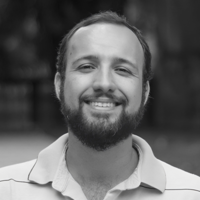
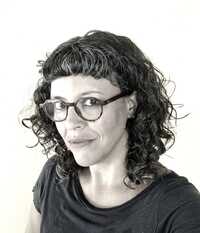
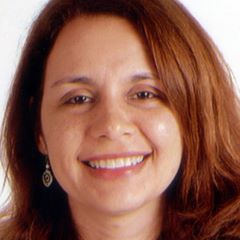

LABCULT - Multidisciplinary Laboratory of Critical Thinking in Design: Studies, Research, Events and Production - Culture and Philosophy
LABCULT aims to foster systematic, ongoing and, if possible, daily dialogue in order to accelerate the development of research supported by Philosophy, Design Theory, Semiotics and other related areas of knowledge.
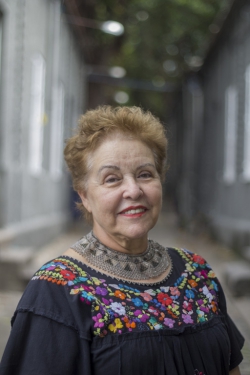

Laboratório de Biomimética
A Biomimética envolve a observação do que ocorre na natureza, com o estudo das possíveis aplicações (no mundo construído ou artificial), reunindo conhecimentos de diversos ramos da ciência, como a biologia, design e engenharia: é um campo tão vasto quanto a Natureza que nos cerca. O Laboratório de Biomimética, primordialmente, se volta especificamente para a procura de soluções voltadas a projetos de produtos e/ou sistemas.

LABSEM - Multidisciplinary Semiotics Laboratory: Studies, Research, Events and Production - Verbal, Non-verbal and Syncretic Semiotics
LABSEM is a multidisciplinary laboratory for studies, research, events and productions based on semiotics. It initially brings together four academic units from different centres at UERJ - in addition to the ESDI at the Centre for Technology and Sciences, the Institute of Letters, the Faculty of Teacher Training and the Faculty of Social Communication at the Centre for Education and Humanities - with a view to promoting technical-academic-scientific dialogue between these areas and their sub-areas.


LaDA - Design and Anthropology Laboratory
A CNPq-certified research group, the Design and Anthropology Laboratory (LaDA) investigates the theoretical and methodological possibilities of combining the modes of knowledge production inherent to design and anthropology, both understood as social sciences. As part of the Research Network for Design Anthropology, an international network that brings together researchers in the field of design anthropology, LaDA is part of the emerging field of knowledge that is taking shape in the midst of the transdisciplinary space between the two areas, anthropology and design.



DEMO - Design-Fiction Laboratory
The Design-Fiction laboratory at ESDI/UERJ carries out research activities at the interface between Design and various fields of the Humanities, always investigating the links between the processes of material production and the processes of value production - both in the moral sense (good/bad) and in the epistemic sense (true/false).
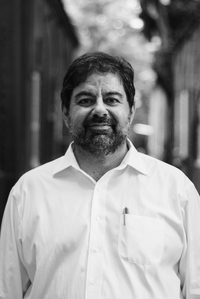
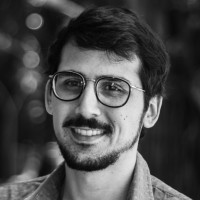

Secretaria do curso de Design

Secretaria do curso de Arquitetura e Urbanismo

Comunicação

Interação

Produto

Serviço

Teórico, histórico, crítico

Projeto

Teórico-Histórico-Crítica

Técnico-Operativa

Design

Arquitetura e Urbanismo

Design
